Anger or hatred is like a fisherman's hook. It is very important for us to ensure that we are not caught by it
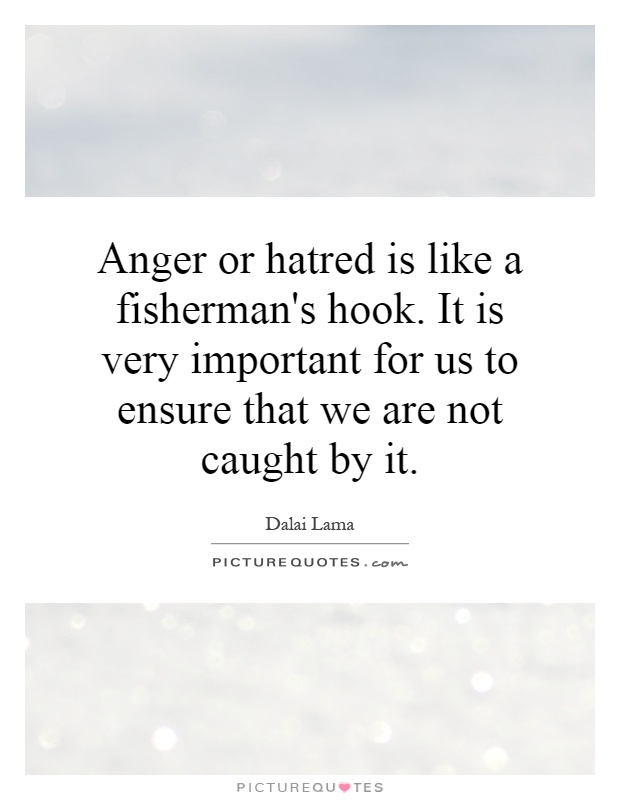
Anger or hatred is like a fisherman's hook. It is very important for us to ensure that we are not caught by it
The Dalai Lama, the spiritual leader of Tibetan Buddhism, is known for his teachings on compassion, forgiveness, and inner peace. He often speaks about the destructive nature of anger and hatred, and how they can trap us in a cycle of suffering. In one of his teachings, he likened anger and hatred to a fisherman's hook, emphasizing the importance of not getting caught by them.Anger and hatred are powerful emotions that can cloud our judgment and lead us to act in ways that are harmful to ourselves and others. When we allow ourselves to be consumed by these negative emotions, we become like a fish caught on a hook, unable to free ourselves from the cycle of anger and resentment. The Dalai Lama teaches that it is essential for us to recognize when we are being pulled in by these emotions and to take steps to release ourselves from their grip.
One of the key teachings of the Dalai Lama is the practice of mindfulness, which involves being aware of our thoughts and emotions without judgment. By cultivating mindfulness, we can observe our anger and hatred without becoming attached to them, allowing us to respond to challenging situations with clarity and compassion. The Dalai Lama often emphasizes the importance of cultivating positive emotions such as love, compassion, and forgiveness, as a way to counteract the destructive effects of anger and hatred.
In his teachings, the Dalai Lama also emphasizes the importance of forgiveness as a way to release ourselves from the grip of anger and hatred. By letting go of our resentment towards others, we free ourselves from the burden of carrying around negative emotions. Forgiveness is not about condoning harmful behavior, but rather about freeing ourselves from the cycle of suffering that comes from holding onto anger and hatred.
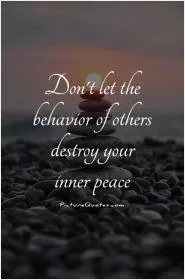

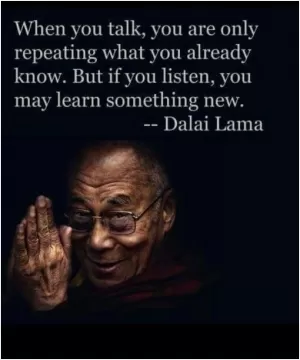

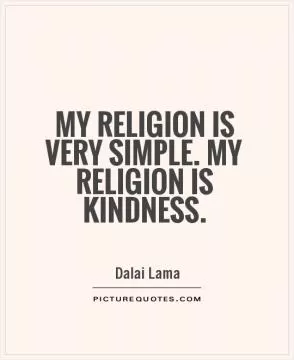
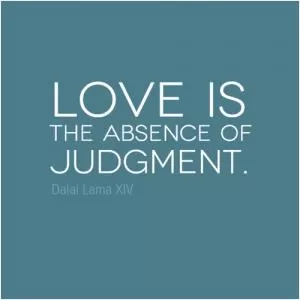
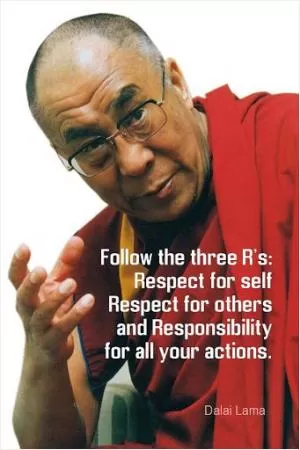



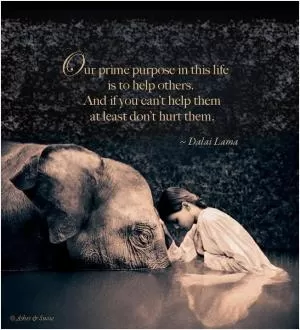
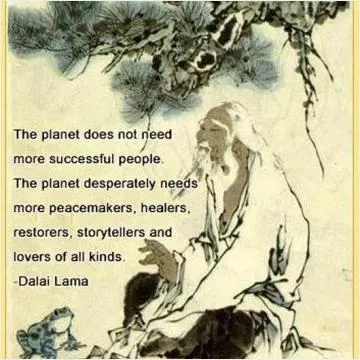
 Friendship Quotes
Friendship Quotes Love Quotes
Love Quotes Life Quotes
Life Quotes Funny Quotes
Funny Quotes Motivational Quotes
Motivational Quotes Inspirational Quotes
Inspirational Quotes